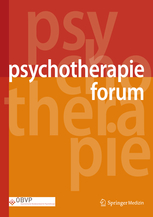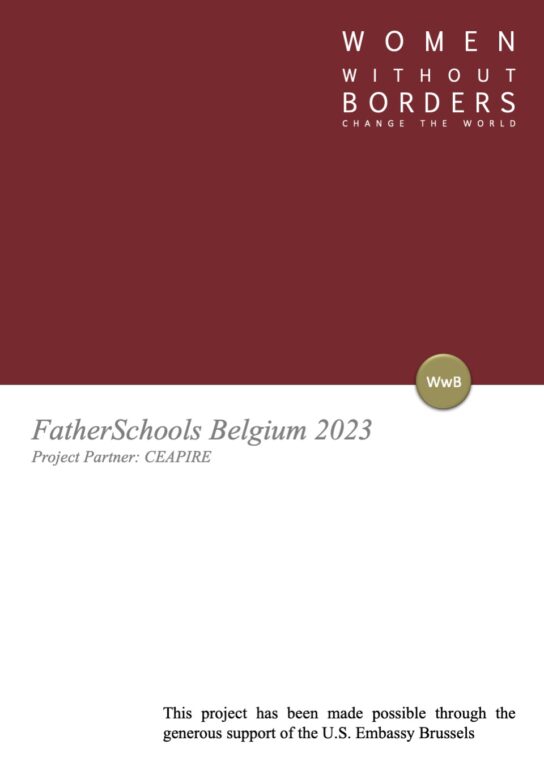WwB’s ‘Women Know How’ programme was piloted in Graz, Austria in 2023, funded by the Austrian Federal Ministry for Social Affairs, Health Care, and Consumer Protection. The project will continue into a second round from 2024-2025 in two locations across Austria. WwB aims to expand the model and reach more women in the prevention of gender-based violence.
Violence against women is still one of the major challenges we face in achieving a just and peaceful society. Global data shows that every fourth woman is affected by intimate partner violence at least once in her life. Gender-based violence is a violation of human rights; it endangers and harms the physical and mental health of women and has far-reaching effects on their children and society as a whole. Thus far, support has been focused primarily on women directly affected by violence. But sustainable violence prevention must start in advance to break the cycle.
In response to and with the aim to end this violence, Women without Borders developed the prevention project “Women Know How!” to support women in breaking the taboo on the phenomenon of violence against women and to question the silence and social stigma. The project will bring the women together in Story Telling Circles, offering a safe space to address their own experiences of violence and to break through the strongest barrier – individual isolation – by capitalising on group dynamics, trust, and bonding. Through these regular meetings, the participants will build up self-confidence, which is often impaired by latent or manifest experiences of violence. The women will be encouraged to respect and stand up for themselves, as shame and disgrace can only be overcome through empathy and a willingness to be open. The fears and experiences of violence will no longer be a subjective problem that must remain in the private sphere, but instead a social and societal challenge that we need to address together.
The “Women Know How” project was piloted in Austria, with two groups meeting in Graz throughout 2023 with the support of the local implementing partner Verein Omega Graz. Following the successful first iteration, the project will continue with a second round in 2024-2025, this time with four groups across two locations in Austria. Both projects were funded by the Austrian Federal Ministry for Social Affairs, Health Care, and Consumer Protection.



